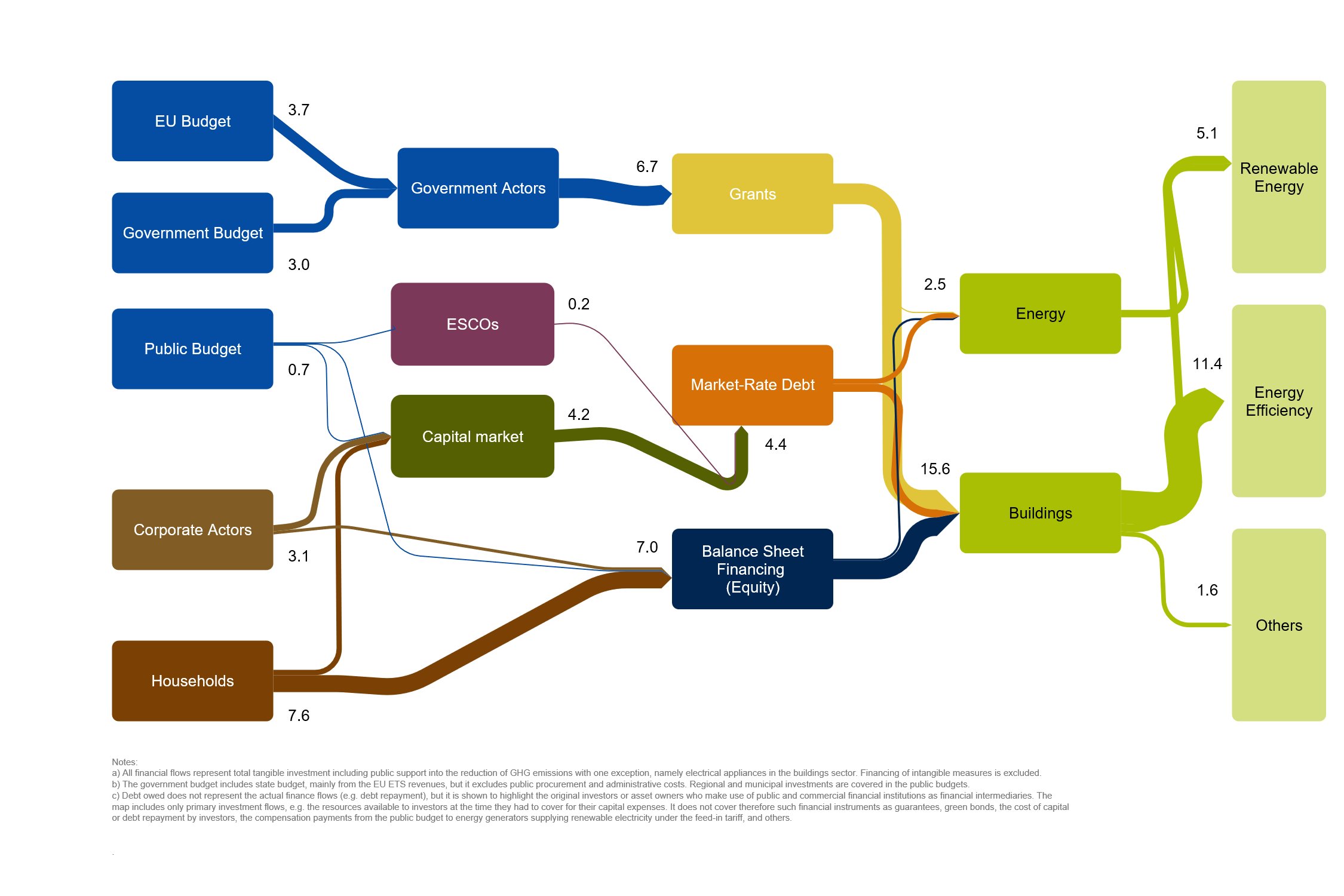Climate Heroes
For the second year in a row, the EUKI-supported Climate Heroes project worked with young people in Central and Eastern Europe, providing them with knowledge and support to start their own environmental initiatives.
Climate Heroes: Youth Voices for Sustainable Living started last year, and in its first phase engaged 49 young people from the region, many of whom are still active in the field of climate change activism. During the project, they launched a total of 20 initiatives, the 12 most impactful were presented during the first regional forum which was hosted online in the autumn of 2021. Learn more about the first cycle of the project.
Further Information
This year, in the second round of the project, around 60 young people from the region participated in the educational and capacity-building project, then organized into groups and began working on their ideas for climate change mitigation. This year, it was possible to organize the regional forum in person, so their efforts culminated in a 3-day trip to meet their peers and fellow climate activists face to face. The regional forum was held in Brno, Czech Republic, where 33 selected participants from Bulgaria, Romania, Serbia, and the Czech Republic were able to present their initiatives, exchange experiences, and share knowledge and ideas.
VIDEO
Regional Climate Heroes Forum
When asked about impressions, the overwhelming majority of participants had a positive experience and many of them highlighted the importance of connecting and meeting others with similar interests, sharing different perspectives, and learning from each other. “I found it interesting that the participants had different approaches to the problem of climate change. Each Initiative came to its solution in a beautiful and creative way,” one participant shared, while another added: “We can’t do much on our own, but we can do something and influence others”.
Participants presented their work and achievements to the audience of their peers and to the jury, who selected three initiatives with the potential biggest climate impact. Along with the three awarded initiatives, two more initiatives received special recognition for best presentation at the forum. However, all of the work by the young people involved in the project was highlighted as relevant and crucial by the jury and the organizers, with the hope that these young people continue their good work, and inspire many others to get involved. We want young people to lead us to a brighter future because the future belongs to them!
The winning initiatives for 2022
- Bianca Rusu from Romania with her initiative We Can Do It, consisting of a workshop dedicated to inspiring teenagers to recycle plastic in creative and artistic ways, giving new life to used and no longer needed items.
- Adam Smolka and Jakob Mandik from the Czech Republic came up with a way to build a gym bicycle that produces electricity when used so that people can charge their phones for free and sustainably while exercising.
- Simona Hildebrandova, Kristina Shimkova, Tibor Mitro, and Natalia Banichova, also in front of the Czech delegation with an initiative aimed at addressing the problem of air pollution around schools and drawing attention to the importance of biodiversity in the urban environment. They achieved this through interactive workshops and planting flower beds in collaboration with students from their local school.
Other initiatives worked on topics such as raising awareness through digital campaigns, like Gen Eco with their social media networks and Together4Planet, through video campaigns. Sea Frame on the other hand took a more direct approach with its campaign to increase visibility and draw attention to environmental problems.
KompostIN and Sustainable Food Revolution focused on food waste and food production and their impact on the environment. While Food for Earth goes to the root of the problem by tackling soil degradation.
EcoHub is working on creating a climate change guide to help people reduce their carbon footprint, while the team behind Eko stopovačka used digital tools and quizzes to bring fun and games to learning about ecology.
In addition to presenting their work and networking, participants had the opportunity to go on a mobility tour of the city and visit a sustainably developed neighborhood designed for climate change adaptation and mitigation. The regional forum was a great conclusion to months of learning, dedication, and innovation, but also a great chance for young people to find like-minded individuals, get inspired and motivated to continue in their fight against the climate crisis.
As one of the participants commented during the Forum: “Anything you wanna do you can do and there are people who will support you, you just need to go find them and fight for what you want”.


